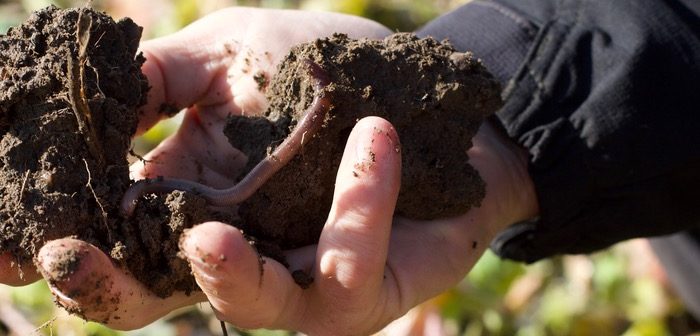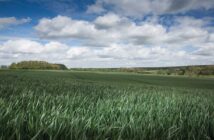In addition to a dry harvest year, the geopolitical challenges of 2022 hit UK farmers in agricultural inputs. Defra’s annual price index reported a 33.1 percent inflation spike for inputs over the last harvest year, largely attributed to rising fertiliser and energy costs. And with Basic Payment Scheme (BPS) payments declining by 35 percent in 2023 compared to 2020, and energy prices set to rise this winter and inflation potentially rising to 13 percent by the end of year, these challenges look set to continue. Soil carbon schemes, such as AgreenaCarbon, are ramping up to provide UK farmers support in retaining their profitability in the face of these economic challenges with a second revenue potential.
“Carbon certification schemes can play a key role in helping farmers overcome financial uncertainty by impacting the bottom line through an additional revenue stream from the sale of carbon certificates, at the same time as improving the environmental sustainability and resilience of their farming businesses,” said Simon Haldrup, CEO and co-founder of soil carbon certification company, Agreena.
Carbon farming initiatives for farmers are on the rise across Europe. Agreena has expanded its operations out of Denmark with more than 20 employees in the U.K. and is now serving 13 countries across Europe, with more than 500,000 hectares under management and plans to expand into seven new countries this year. Haldrup says the key to the company’s success has been ensuring farmer control in decision making.
Unlike other schemes, Agreena’s third-party verified and tradeable CO2 certificate ownership sits directly with the farmer, who can choose to keep them, sell them to institutional or private organisations, bundle the certificates with their crops, or work with Agreena to achieve the best price. The number of certificates a farmer can earn is based on the adoption of regenerative farming practices, which reduce greenhouse gases (GHG) and remove CO2 from the atmosphere and store it in the soil. Farmers participating in the AgreenaCarbon programme receive up to three certificates per hectare, depending on the practices adopted, such as sowing cover crops or no-till farming. Depending on current market conditions, the value of certificates are selling for £20-40 each.
Benefits extending beyond new income stream
Not only does carbon farming provide an increasingly important additional revenue stream, the long-term benefits from regenerative agriculture practices support the farm business by decreasing fuel and labour costs, potentially reducing farm machinery and fertiliser costs.
Soils are one of the greatest life-supporting resources on the planet – but currently are falling into a crisis globally, with one-third of our precious soils degraded. Regenerative and sustainable practices are being looked to by leaders and pioneering farmers across the world to support long-term soil health. A key benefit of regen ag is the ability to increase the water holding capacity of soils and supporting cleaner water runoff. This benefit has resulted in water agencies focused on a clean and safe water supply, such as Severn Trent, partnering with Agreena.
On the practical level, participation in carbon schemes can support long-term climate resiliency for the field – in addition to providing co-benefits such as higher nutrient content of crops and increased biodiversity.
Planning for 2023
Overall harvest 2022 was good, despite the heatwave which served to highlight the unpredictability that climate change delivers, with many farmers completing harvest in record time.
“Harvest 2023 may well be a different story. Much will depend on input costs and the weather,” says Thomas Gent, well-known regenerative farmer from South Lincolnshire and the market lead for the UK at Agreena. “What is certain is that farmers will be looking for ways to remain profitable and achieve return on investment from their crops. Carbon farming delivers that return both in terms of a revenue stream and long-term improvements in business resilience.”
AgreenaCarbon for the 2023 harvest year opens today, 12 October 2022. Now farmers are able to log into the platform for free to quickly determine their baseline and estimated calculation of the value available from carbon certificates. The company has enhanced its programme offering to include more cultivation techniques this time around, “And there is more flexibility for each farmer’s business needs, supporting the pace of adoption of new practices,” concludes Mr Gent.




